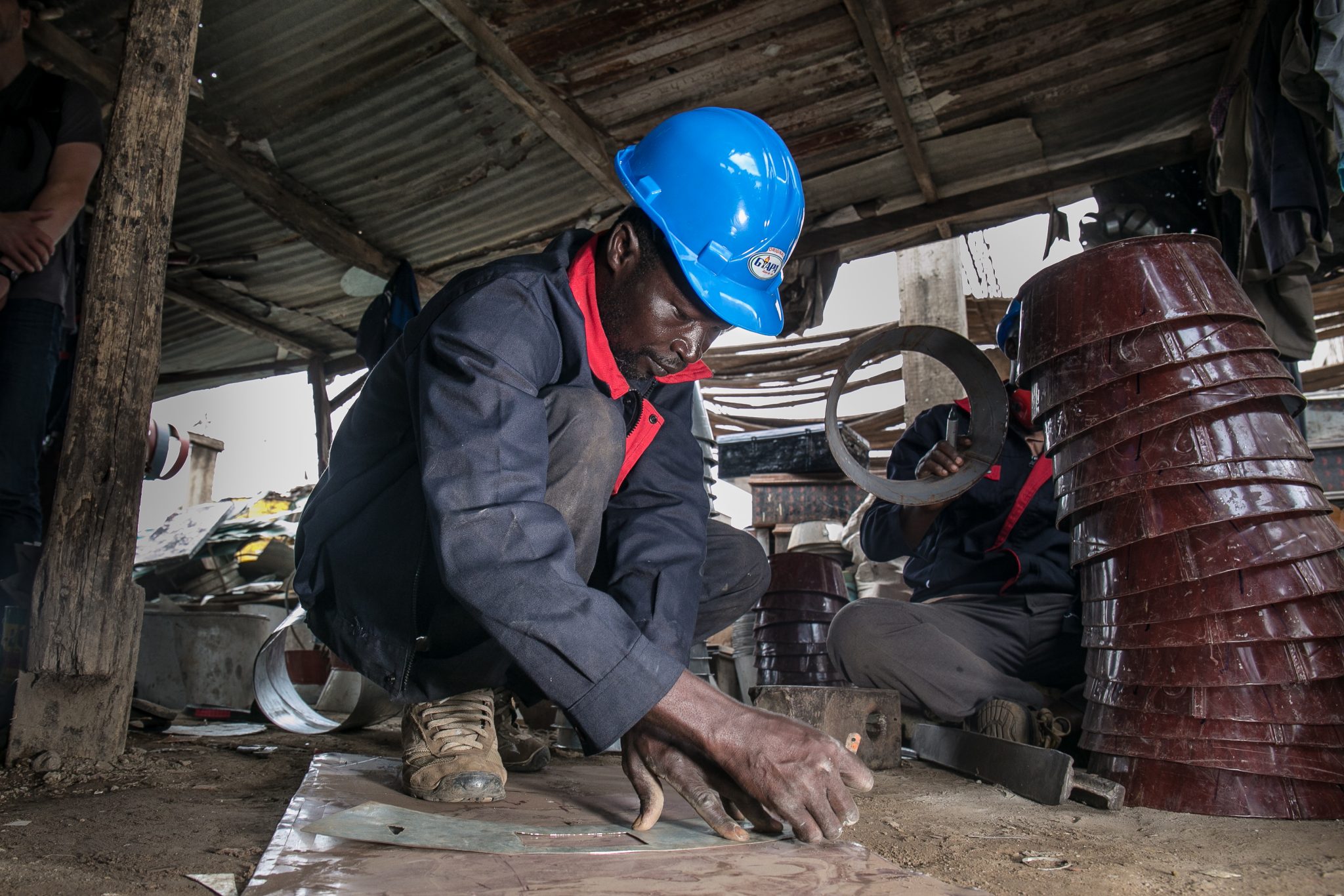Planet-friendly alternative food
Swiss retailer Coop is launching a range of burgers and meatballs made from mealworm larvae, which is an alternative protein that uses lower carbon emissions – 2.5 times less than pork, 1.8 times less than chicken, and 8.5 times less than beef. Cattle farming uses up ten times the amount of feed needed for insects, and is more wasteful, with 80% of an insect edible compared to around 40% of a cow.
Using technology to reduce waste
Coop Denmark took the campaign against food waste online via a mobile phone app. The retailer enables customers to purchase items that would otherwise be thrown out, for up to 75% below normal price.
Using agricultural waste for cosmetics
Two co-ops in Costa Rica have found a way to tackle agricultural waste by using it to develop new products. The project has financial backing from the country’s Higher Education Council, which shows producers how to develop food products and cosmetics by using waste from apples, plums and guavas to produce toppings, energy bars, sauces, soaps and body lotions.

Carbon offsetting
Co-op Insurance launched a scheme to offset 10% of its new customers’ motor and home carbon emissions for the first year of their policy by backing carbon reduction projects in Ghana and Kenya. For each motor policy it will offset 10% of customers’ cars carbon dioxide (CO2) emissions in the first year by supporting the provision of cookstoves in Ghana, which are up to 50% more efficient than the stoves they replace.
Pledge to increase organic products
Agricultural co-ops in France have signed a declaration supporting organic farming. The trade body for the sector, Coop de France, pledged five key actions to boost organic food production. The actions are to: implement demanding and ambitious changes; reinforce the role of farmer co-operators; conduct research on the competitiveness and value creation of organic products within every branch; and develop sustainable partnerships; and exchange information with other actors to create favourable synergies.
Contribution to Sustainable Development Goals
Co-operatives play a key role in fulfilling the United Nations’ sustainable development agenda, a new report reveals. The study, published by the International Co-operative Alliance, highlighted the contributions of co-ops around the world which are addressing some of the key areas of action identified under the SDGs. The report is based on pledges made by co-ops from across the world on the Alliance’s Coops for 2030 online platform, which enables co-ops to learn about the goals, make pledges to help achieve them, and track their progress.
Cutting out waste through a ‘circular economy’
Balancing consumers’ needs and growth with sustainability is an increasing concern for the food retail industry, according to the Co-op Group. It said it has made a target of making 80% of its packaging easy to recycle by 2020.

Community forest plants the seeds for sustainability
Nova Scotia’s only community forest, formed to manage woodland left derelict after a papermill closed, is working to develop a sustainable, environmentally friendly timber industry. Medway Community Forest Co-op is restoring 12,000 acres of forest to supply timber and firewood, and build business links with the community.
Recycling and energy conservation saves £1m a year
Midcounties Co-operative is saving more than £1m a year through sustainability measures across 500 sites. Community and sustainability manager Mike Pickering thinks all retailers will have to follow the trend of reduced energy usage and smarter recycling as natural resources come under pressure.
• More from 2017 at 2017 In Review

